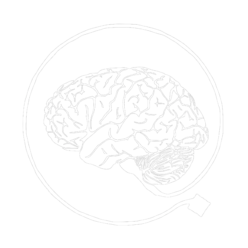Abstract: In this talk, I will criticize neo-empiricism, i.e., the view that concepts and percepts are the same kind of representation, and I will show that the brain is an amodal system: Cognitive neuroscience supports Descartes against Hume. I also offer a novel interpretation of the body of evidence that was taken in the 1990s and 2000s to support neo-empiricist theories of concepts: the offloading hypothesis.
